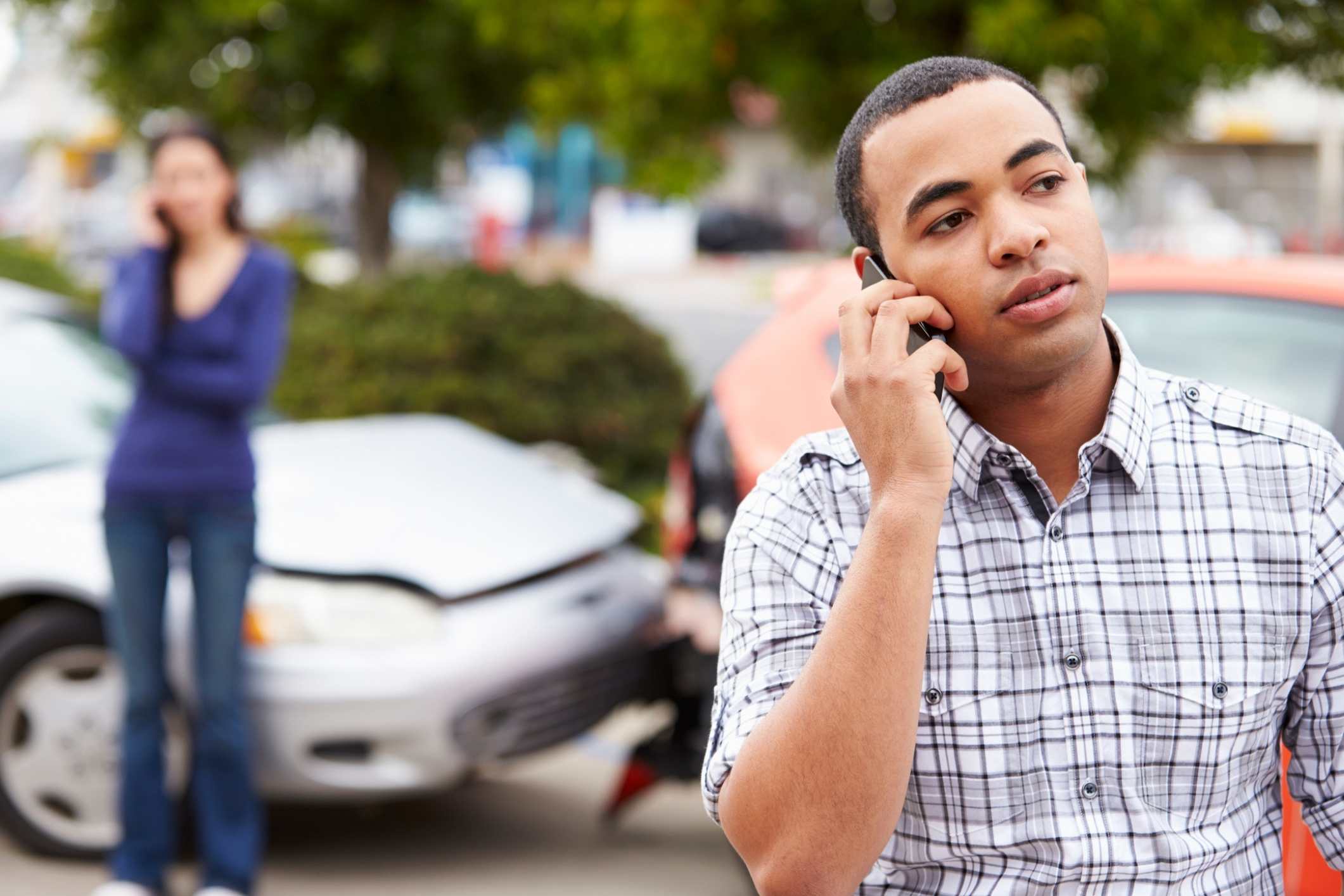The effectiveness of enforcement of seatbelt use laws is being debated, but there’s no debate their use saves lives says Boca car accident lawyer Joe Osborne.
Those using seatbelts are less likely to be killed in vehicle accidents. Though seatbelt usage has increased over the years, there are still too many of us who can’t be bothered to use them. Thirty-four states, including Florida, allow law enforcement officers to pull over vehicles if occupants aren’t following the law.
In Florida front passengers must be belted and anyone under 18 years old needs to be restrained. Though strict seatbelt laws are well intentioned, how effective are they? asks Boca car accident lawyer Joe Osborne.
Fifteen states allow for ticketing due to lack of seatbelt use only if the vehicle is pulled over for some other reason. New Hampshire (the “Live Free or Die” state, where that’s taken literally when it comes to seatbelts) is the only state without a seatbelt law, according to the Insurance Journal.
The federal government estimates that seat belt use in passenger vehicles saved about 14,000 occupants’ lives in 2015. Almost half of the 22,400 occupants killed in vehicle crashes that year weren’t using seatbelts. Because of the high number of deaths of those travelling unbelted, some safety experts claim more laws allowing vehicles to be pulled over just for lack of belt usage (known as “primary enforcement”) are needed.
Perhaps motivated by the most dramatic two-year increase in accident related deaths in decades, laws are being proposed in several states to toughen enforcement. These laws have critics including those who see them as more government interference in our personal lives and the fact these types of laws can be used to disproportionately target minority drivers.
Seat belt use nationally has gone from nearly 71% in 2000 to 90% in 2016, according to the National Highway Traffic Safety Administration (NHTSA).
- Florida came in just under the national average, at 89.4%. Usage in other states ranged from 69.5% to 97.3%.
- NHTSA estimates that last year 92% of drivers used seat belts in states with primary enforcement, compared to 83% for states where there need to be other reasons to pull the vehicle over (or “secondary enforcement”).
A study in the American Journal of Preventive Medicine analyzing data from 2000 to 2014 in states that upgraded from secondary to primary enforcement puts into doubt whether primary enforcement of seatbelt laws is better at saving lives. Sam Harper, an associate professor at McGill University who co-authored the study, said there’s no evidence it makes a difference because people will buckle up, or not, regardless of the type of enforcement.
Though some nationwide studies claim to show primary seatbelt use enforcement doesn’t negatively impact minorities, the American Civil Liberties Union published a study of the law’s negative effects in Florida. It found that African American motorists were stopped and ticketed for seat belt violations nearly twice as often as white motorists statewide in 2014.
That disparity was higher in some counties where African American drivers encountered tougher enforcement than White drivers. African American drivers were,
- Four times more frequently ticketed than white motorists by the Escambia County Sheriff’s Office in 2011,
- Ticketed three times more often than white motorists by the Palm Beach County Sheriff’s Office in 2014, and
- Ticketed nearly three times more often than white motorists by the Orange County Sheriff’s Office in 2014.
No matter what state laws say about seat belt use or how they are enforced what’s more important are the laws of physics. If you and your passengers are unrestrained and involved in a vehicle accident, you are likely to slam into the interior of the vehicle, into each other and possibly thrown out of the vehicle. That greatly increases the risks of serious injuries or deaths occurring in the accident.
Whether or not seatbelts were used, if you or a loved one suffered an injury due to a vehicle accident, contact Boca car accident lawyer Joe Osborne at (561) 293-2600 or fill out this online contact form. You can discuss your case, how the law may apply and your best legal options to protect your rights and obtain compensation for your injuries.

.avif)












.avif)


.svg)



